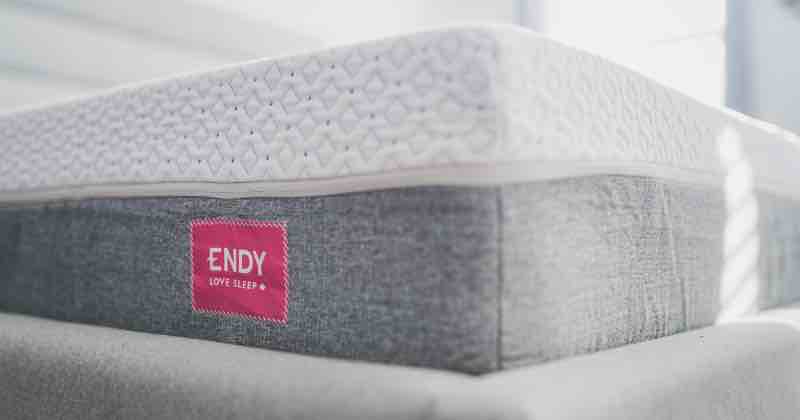A restful night’s sleep is essential for both physical and mental well-being. However, acquiring a quality mattress can be a significant investment. If you’re 65 years or older and your doctor deems it medically necessary, you might be eligible for Medicare coverage to help with the costs. Here, we’ll guide you through the steps to secure a mattress under Medicare in 2023.
Understanding the Importance of a Comfortable Mattress
Sleep plays a pivotal role in our overall health. A comfortable mattress not only improves sleep quality but also contributes to your long-term well-being. As a senior, you have access to Medicare benefits, which could potentially cover the expenses of acquiring a suitable mattress.
Navigating Medicare Options
When exploring your Medicare options, it’s crucial to focus on Medicare Type B, as this coverage may address your mattress needs. Under this coverage, Medicare typically pays for 80% of the total mattress cost, leaving you responsible for the remaining 20% and a monthly premium. Depending on your medical condition, you might even qualify to own the mattress instead of renting it.
Eligibility Criteria and Conditions
Eligibility for Medicare coverage depends on two primary factors: your health condition and the nature of the mattress. Notably, Medicare only recognizes pressure-reducing mattresses that have received Durable Medical Equipment (DME) status. These specialized mattresses are designed to alleviate pain associated with health issues and support post-operative or injury recovery.
To qualify for a Medicare-covered mattress, you need to take the following steps:
- Obtain a clear and definitive prescription from your attending physician stating that the mattress is medically necessary. This prescription should include all relevant medical documentation.
- Ensure that your doctor is Medicare-approved and has personally examined you within the past six months before prescribing the mattress.
- Utilize the mattress in your own home.
- Acquire the mattress exclusively from a Medicare-approved DME provider.
- Prior to receiving any services or treatments, submit your claim to Medicare for approval.
- If at least five years have elapsed since the approval of the original DME mattress, you might qualify for a replacement.
- Before Medicare coverage applies, you need to cover any applicable Part B deductible.
Exploring Medicare-Eligible Mattress Options
Here are some top-rated pressure-reducing mattresses that are eligible for Medicare coverage in 2023:
- Drive Medical Alternating Pressure Low Air Loss Mattress System: This innovative system offers adjustable pressure control with a silent electric pump. It’s particularly effective in preventing and treating pressure ulcers. The mattress features 20 air bladders and nine laser holes for optimal comfort and airflow. The cover is water-resistant, vapor-permeable, machine washable, and offers skin protection.
- Drive Medical Therapeutic 5-Zone Support Mattress: Crafted from durable and soft foam, this mattress offers five distinct zones for weight and pressure distribution. Its cover reduces friction and shear and is vapor absorbent, anti-microbial, and water-resistant.
- ThevoRelief Pressure Relief Mattress: Designed to alleviate discomfort from arthritis, sores, and more, this mattress features MiS Micro-Stimulation® technology to gently stimulate nerve tracts. It’s suitable for cancer patients undergoing treatment.
- Solace Resolution Glissando Heavy Duty Mattress: This mattress offers protection against pressure ulcers, friction, and shear. Its “gliding” layer ensures comfort, and its high-density foam reduces pressure on the body.
In conclusion
Obtaining a Medicare-covered mattress in 2023 involves meeting eligibility criteria and adhering to specific conditions. The right mattress can significantly impact your sleep quality and overall well-being, so don’t miss out on this opportunity to secure a comfortable and supportive mattress through Medicare.




